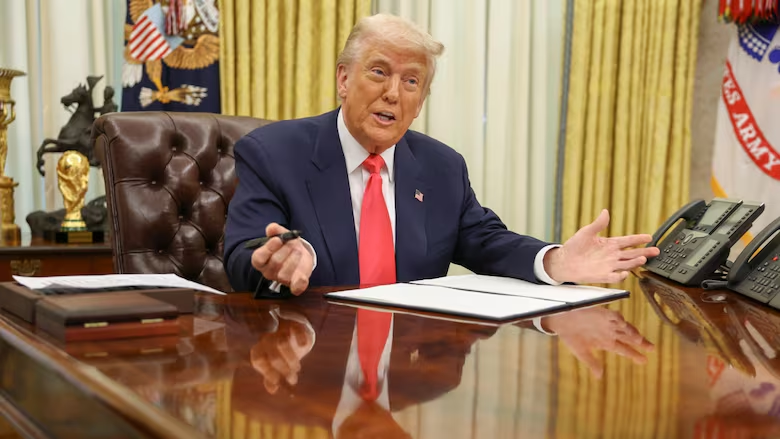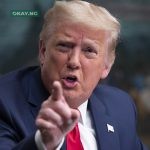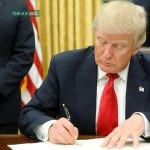President Donald Trump has initiated a national security probe into potential tariffs on all critical mineral imports to the United States, a move that directly challenges China’s stronghold on this vital sector. This action, announced Tuesday, underscores the growing concern within Washington regarding the U.S.’s heavy reliance on foreign nations, particularly China, for minerals essential to its economic and technological infrastructure.
“U.S. dependency on minerals imports ‘raises the potential for risks to national security, defense readiness, price stability, and economic prosperity and resilience,'” Trump stated in the executive order. This highlights the administration’s concern that the current situation poses a significant threat to the nation’s strategic interests.
The order directs Commerce Secretary Howard Lutnick to conduct a national security review under Section 232 of the Trade Expansion Act of 1962, the same legislative tool used to impose tariffs on steel and aluminum. Within 180 days, Lutnick must submit findings to the president, potentially leading to new tariffs that would supersede existing trade measures.
China, a leading global producer of 30 out of the 50 minerals deemed critical by the U.S. Geological Survey, has recently implemented export restrictions, amplifying concerns about supply chain vulnerabilities. “Artificial interference in the supply chain violates the laws of the market economy and international trade rules,” China’s foreign ministry responded on Wednesday.
The probe will assess U.S. vulnerabilities in processing critical minerals such as cobalt, nickel, rare earth elements, and uranium. It will also examine how foreign actors might be distorting markets and explore strategies to bolster domestic supply and recycling capabilities.
Currently, the U.S. faces significant gaps in its domestic mineral processing capabilities. While it has copper mines, it lacks sufficient smelters, and it relies on foreign nations for processing. This situation presents opportunities for nations like Australia, a reliable supplier of these resources.
Read Also: China’s Robust Q1 Growth Faces Looming Tariff Threat
“Given Australia is a trusted supplier of critical minerals essential to U.S. industries, this investigation presents an opportunity for the nation to strengthen its position as a reliable supplier of these essential resources,” said Tania Constable, CEO of the Minerals Council of Australia.
The move also brings into clear focus the real world impacts, with industry leaders and analysts calling for diversification in the supply chain. “Ultimately the U.S. gets certain minerals from China because there are not alternative supplies elsewhere,” said Gracelin Baskaran, director of the critical minerals security program at the Center for Strategic and International Studies. This further shows the complexity of breaking free of the current market.
This investigation could very much change the way global critical mineral trade operates. With many companies and nations wanting to diversify from their reliance on China, this American investigation will greatly impact those industries.











